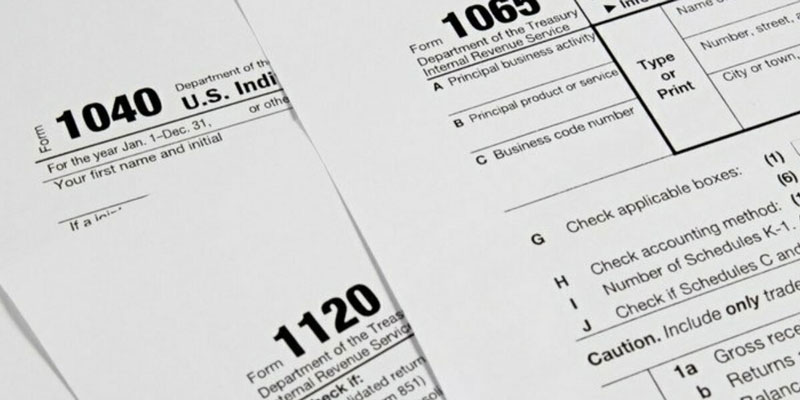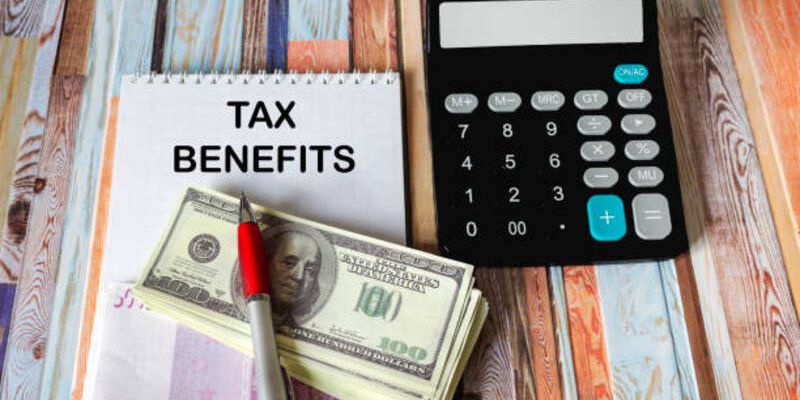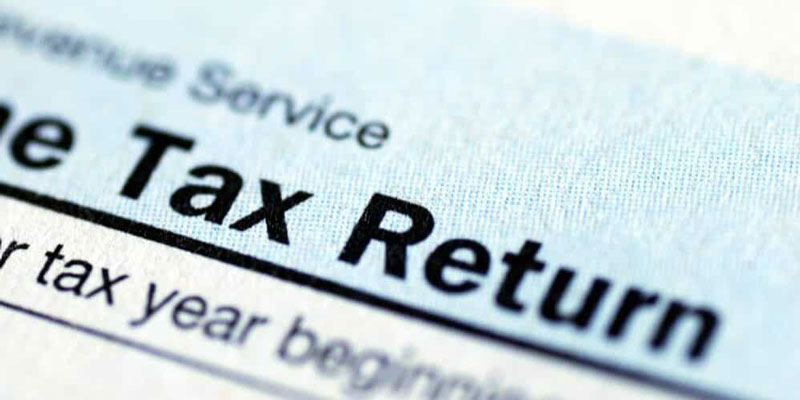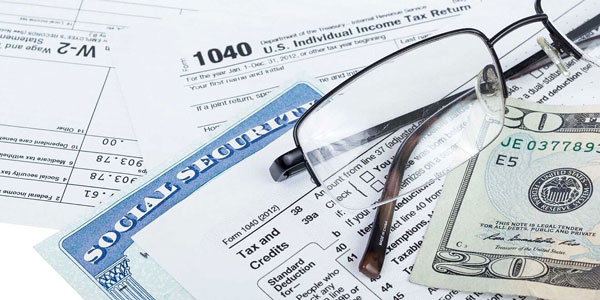Sales-tax holidays have become a widely adopted strategy by governments to stimulate economic activity and provide relief to consumers. These temporary periods during which certain goods are exempted from sales tax aim to encourage spending, especially on essential items. However, the effectiveness of sales-tax holidays has been a subject of debate among economists and policymakers. In this article, we will delve into the key aspects of sales-tax holidays, examining their impact on consumer behavior, local businesses, and overall economic health.
Understanding Sales-Tax Holidays:
Sales-tax holidays typically target specific categories of goods, such as back-to-school supplies, hurricane preparedness items, or energy-efficient appliances. The underlying principle is to reduce the financial burden on consumers, incentivizing them to make purchases during these designated periods.
The Scope of Goods Covered:
The range of goods eligible for sales-tax exemptions varies significantly across states and countries. For example, some jurisdictions may only exempt clothing and school supplies during back-to-school tax holidays, while others may also include computers and software. Similarly, hurricane preparedness tax-free periods may cover items like generators, flashlights, or batteries in some regions but exclude them in others.
The Duration and Frequency of Sales-Tax Holidays:
The duration and frequency of sales-tax holidays also vary greatly, with some lasting only a few days and others extending for weeks. Some states have made these tax-free periods an annual event, while others have implemented them sporadically or in response to specific circumstances.
The Goals and Principles Behind Sales-Tax Holidays:
The primary objective of sales-tax holidays is to boost consumer spending and promote economic growth. However, there are other underlying principles that policymakers consider when implementing these tax-free periods:
- Providing Relief to Low-Income Households: Sales-tax holidays can help alleviate the financial burden on low-income households by reducing the cost of essential goods.
- Encouraging Purchases from Local Businesses: By exempting certain goods from sales tax, governments aim to encourage consumers to shop at local businesses, thereby supporting the local economy.
- Promoting Preparedness and Sustainability: Sales-tax holidays that cover items like hurricane preparedness supplies or energy-efficient appliances also serve as a way to promote preparedness and sustainability in communities.
The Popularity and Adoption of Sales-Tax Holidays:
Sales-tax holidays have gained popularity over the years, with many countries and states adopting them as a means of providing relief to consumers and boosting economic activity. As of 2021, 16 U.S. states hold sales-tax holidays, while others have implemented them in the past but no longer do so.
The Criticisms and Controversies of Sales-Tax Holidays:
Despite their widespread adoption, sales-tax holidays have also faced criticism and controversies. Some of the common concerns include:
- Impact on Government Revenue: Sales-tax holidays can result in a loss of tax revenue for governments, potentially affecting funding for essential services.
- Lack of Effectiveness in Stimulating Economic Activity: Critics argue that sales-tax holidays may not significantly impact consumer spending, as consumers may simply shift their purchases to the designated tax-free periods instead of making additional purchases.
- Disproportionate Benefits for Wealthier Households: Since sales-tax holidays tend to cover only specific goods, wealthier households that can afford to wait for the tax-free period may benefit more compared to low-income households who need to make essential purchases throughout the year.
Consumer Behavior:
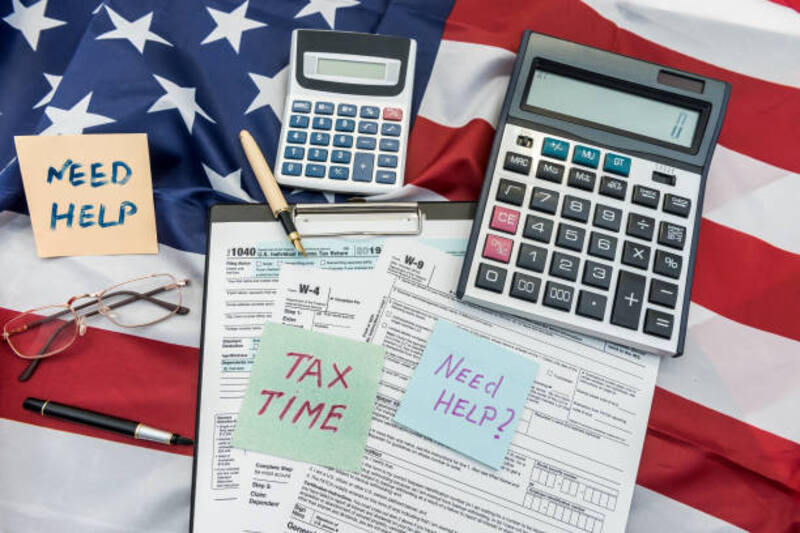
One of the primary goals of sales-tax holidays is to stimulate consumer spending. Proponents argue that these events can boost retail sales, providing a short-term economic stimulus. Critics contend that consumers may merely shift the timing of their purchases, capitalizing on the tax break without significantly increasing overall spending.
Research indicates that the effectiveness of sales-tax holidays in influencing consumer behavior varies across different regions and demographics. Understanding these nuances is crucial for policymakers seeking to optimize the impact of such initiatives.
Consumer Behavior during Sales-Tax Holidays:
During sales-tax holidays, consumers tend to increase their spending on the designated tax-free goods. This is especially true for items that are typically more expensive, such as electronics or back-to-school supplies. Research has also shown that overall consumer spending may not significantly change during these periods.
The Impact of Sales-Tax Holidays on Consumer Spending:
The impact of sales-tax holidays on consumer spending can vary depending on factors such as the duration and frequency of the tax-free periods, the items covered, and the demographics of the population. For example, a study conducted in New York found that while overall consumer spending remained relatively unchanged during a tax-free period, there was a significant increase in spending on exempted items.
Demographic Differences in Consumer Response to Sales-Tax Holidays:
Studies have also highlighted demographic differences in consumer response to sales-tax holidays. For example, low-income households tend to spend a larger proportion of their income on taxable goods, making them more likely to take advantage of tax-free periods. On the other hand, wealthier households may be more strategic in their spending and choose to wait for sales-tax holidays before making higher-priced purchases.
The Influence of Sales-Tax Holidays on Purchasing Decisions:
Sales-tax holidays can also influence consumers' purchasing decisions in several ways, including:
- Timing of Purchases: As mentioned earlier, sales-tax holidays may cause consumers to shift the timing of their purchases to take advantage of the tax break.
- Purchasing More Expensive Items: The availability of tax-free periods for specific goods may incentivize consumers to purchase more expensive versions of those items.
- Purchasing Non-Essential Items: Sales-tax holidays may also lead consumers to purchase non-essential goods that they would not have otherwise bought without the tax break.
Local Business Impact:
While sales-tax holidays can attract consumers to brick-and-mortar stores, the impact on local businesses is not always straightforward. Small businesses may struggle to absorb the temporary loss of tax revenue, affecting their bottom line. On the other hand, larger retailers may benefit from increased foot traffic and higher sales volumes during these events.
The success of sales-tax holidays in supporting local businesses hinges on factors such as the types of goods eligible for tax exemptions, the duration of the holiday, and the overall economic climate. Policymakers must carefully consider these elements when designing and implementing sales-tax holiday programs.
Economic Considerations:
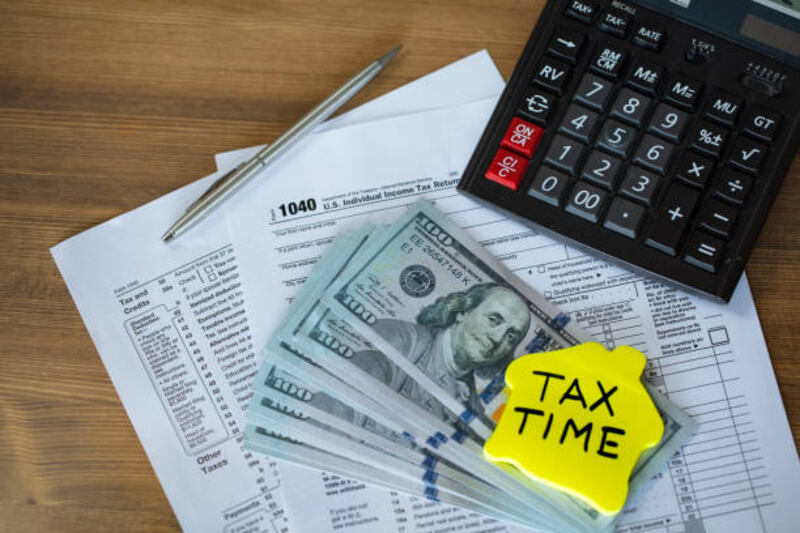
Beyond the immediate impact on consumer spending and local businesses, the broader economic consequences of sales-tax holidays merit attention. Questions arise regarding the long-term fiscal implications for government budgets, as the temporary reduction in tax revenue may need to be offset by alternative funding sources.
Economists debate whether the economic benefits of sales-tax holidays outweigh the costs. Some argue that the short-term stimulus provided by these events may not lead to sustained economic growth, while others contend that the positive effects on consumer confidence and business activity can contribute to long-term economic health.
Conclusion:
Evaluating the effectiveness of sales-tax holidays requires a comprehensive analysis of their impact on consumer behavior, local businesses, and overall economic well-being. While these initiatives can provide temporary relief to consumers and stimulate economic activity, careful consideration of their long-term implications is essential. Policymakers must weigh the benefits against the costs and tailor sales-tax holiday programs to the unique characteristics of their communities.

